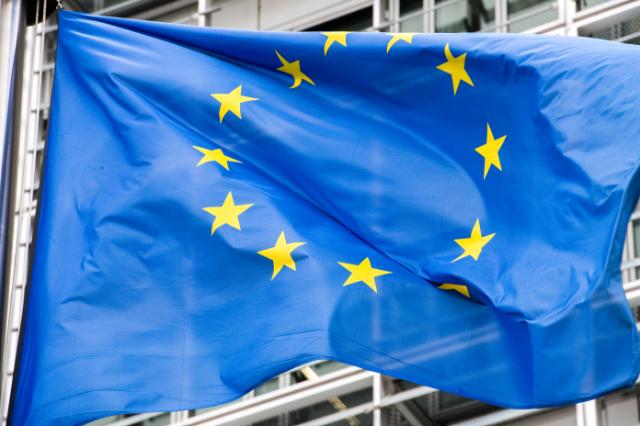Distrust and disinformation fears widespread in the Netherlands

People living in the Netherlands are more likely than the EU average to see distrust of public institutions and foreign information manipulation as a problem for European democracy.
According a Eurobarometer survey, 67% of people in the Netherlands said growing distrust of democratic institutions is a challenge for democracy, compared to 49% across the EU.
For Dutch and European participants in the poll, foreign interference and disinformation, attempts to destabilise democracy such as cyber attacks, the lack of transparency about whether online political content is generated through AI, and fewer independent and trustworthy media sources are also major threats.
To counter these issues, the European Commission presented on Wednesday a “democracy shield” package with a series of measures that aim to safeguard the media, ensure free and fair elections, and increase social resilience to information manipulation.
“In an age of growing geopolitical confrontation, international and regional conflicts, as well as technological disruption, our democracies are under internal and external pressures,” the commission says.
The plan includes the creation of a European Centre for Democratic Resilience, a hub that EU countries will be able to join on a voluntary basis to gather intelligence from member states on disinformation and foreign interference.
The commission also intends to set up an independent European network of fact-checkers working in all EU official languages, and to publish guidance on the responsible use of AI in electoral processes, a growing practice in political campaigns.
Ahead of the October elections, fake AI-generated photos of GroenLinks-PvdA candidate Frans Timmermans were circulated online by the far right.
Other elements in the package are a programme to support independent and local media, the creation of a voluntary network of influencers “raising awareness about relevant EU rules”, and a guide on the safety of politicians.
The Digital Services Act, with requirements for big tech companies, will provide the legislative tools to fight disinformation.
Democracy
Foreign affairs high representative Kaja Kallas said that liberal democracy is under attack. “We see campaigns – including by Russia – specifically designed to polarise our citizens, undermine trust in our institutions and pollute politics in our countries,” she said.
The programme, she said, is part of Europe’s response to” protect the ingredients of our democracies: free media, fact-based debate and fair elections. If we want democracy to prevail, we have to defend it better.”
For Dutch respondents in the Eurobarometer survey, the most important elements of free and fair elections are access to accurate and accessible information, equitable coverage for candidates and parties, protection from cyberattacks, and protection of candidates from hate speech, violence and intimidation.
Thank you for donating to DutchNews.nl.
We could not provide the Dutch News service, and keep it free of charge, without the generous support of our readers. Your donations allow us to report on issues you tell us matter, and provide you with a summary of the most important Dutch news each day.
Make a donation